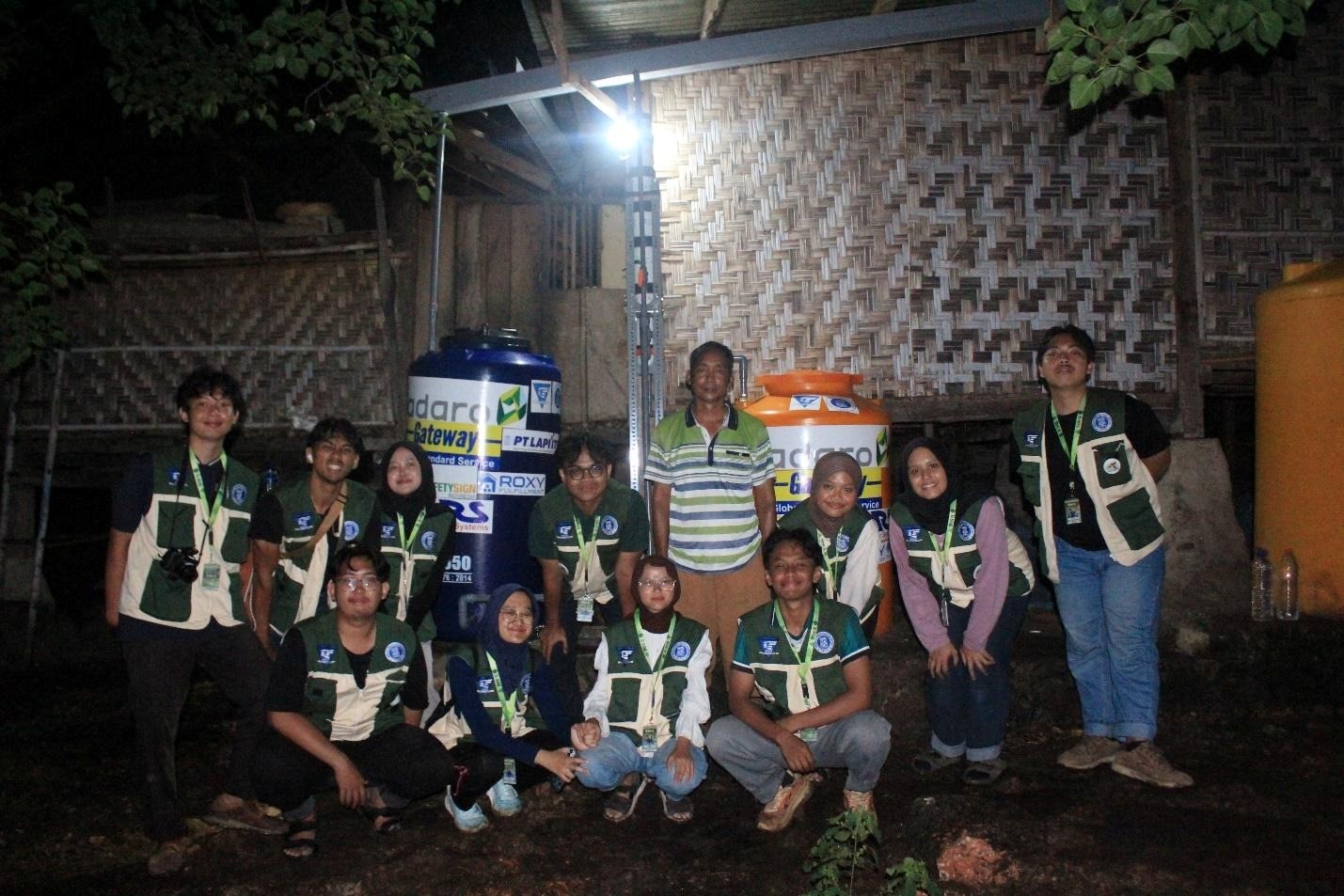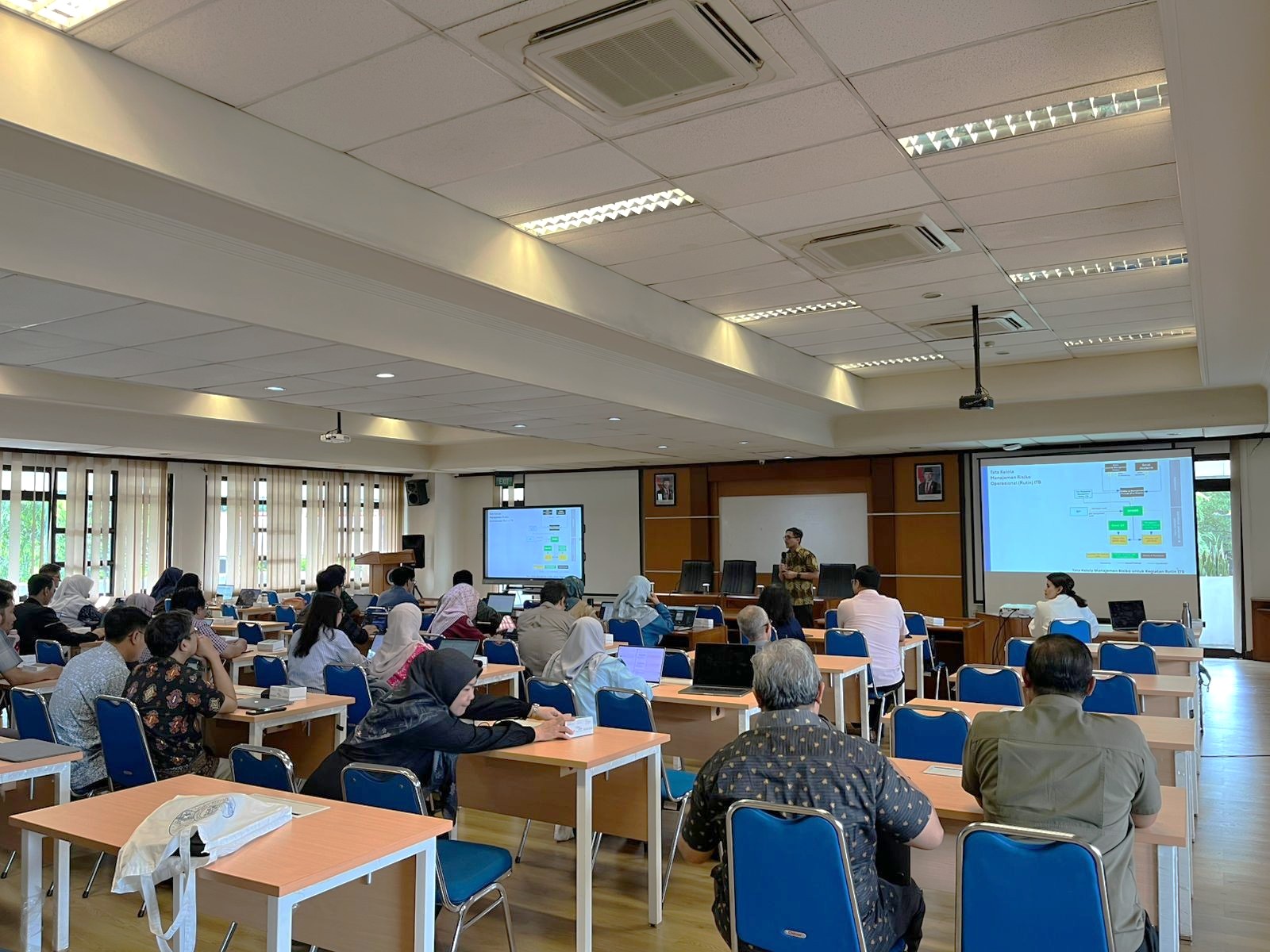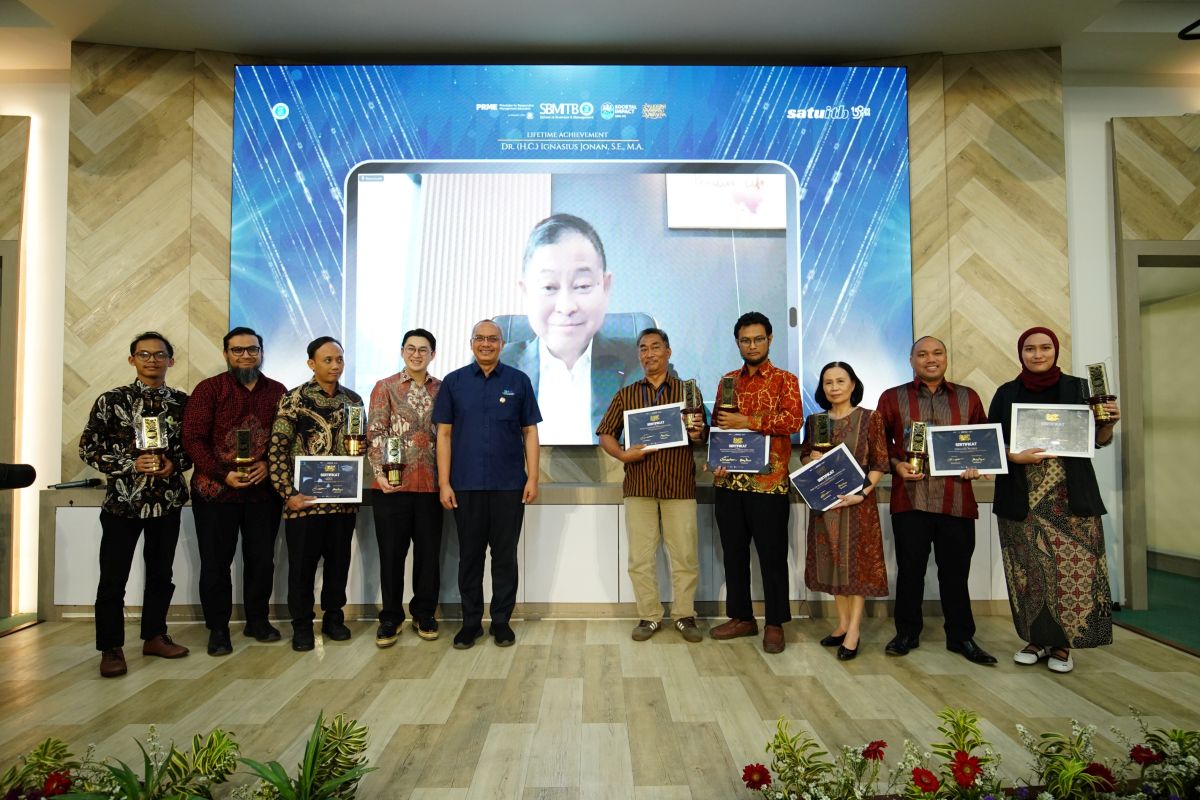U.S. Boosts Tsunami Aid Tenfold to $350M
Oleh Krisna Murti
Editor Krisna Murti

CRAWFORD, Texas Dec 31, 2004 — The United States is pledging $350 million to help tsunami victims, a tenfold increase over its first wave of aid, President Bush announced Friday.
"Initial findings of American assessment teams on the ground indicate that the need for financial and other assistance will steadily increase in the days and weeks ahead," Bush said in a statement released in Crawford, Texas, where he is staying at his ranch.
"Our contributions will continue to be revised as the full effects of this terrible tragedy become clearer," he said. "Our thoughts and prayers are with all those affected by this epic disaster."
Bush also is sending Secretary of State Colin Powell to Indian Ocean coastal areas ravaged by earthquake and tsunami to assess what more the United States needs to do. The president's brother, Florida Gov. Jeb Bush, who has had experience in assessing damage from natural disasters, will travel with him.
The newly announced aid came after some critics claimed that the initial U.S. contribution of $35 million was meager considering the vast wealth of the nation.
France has promised $57 million, Britain has pledged $95 million, Sweden is sending $75.5 million and Spain is offering $68 million, although that pledge is partly in loans.
Powell, in New York for a meeting Friday with U.N. Secretary-General Kofi Annan, indicated that the United States could pledge even more money. He said the United States had always been ready to give more as needs became clear.
"We had to wait and see what those needs were," Powell told reporters. "I am not sure 350 is the end number. It is the number we have settled on for now."
Powell also praised the generosity of private donors in the United States and said he hoped the world would follow their example.
"I want to encourage all the nations of the world to reach deep and to make as significant contribution as they are able to because this is an unprecedented disaster. It is unprecedented in my career, and I have been through a number of humanitarian crises in the last 20 years, so I hope that the world will be generous in this regard," he said.
Bush said disaster response officials are on the ground and the United States has established a support center in Thailand that is in operation. More than 20 patrol and cargo aircraft have been made available to assess the disaster and deliver relief supplies, he said.
"Many of those aircraft are on the scene," Bush said.
The president said the United States has dispatched the aircraft carrier USS Abraham Lincoln, a maritime squadron from Guam and an amphibious ship carrying a Marine expeditionary unit. "They will soon be in position to support relief efforts to include the generation of clean water," he said.
On Friday, the president spoke by phone with British Prime Minister Tony Blair, Italian Premier Silvio Berlusconi and Canadian Prime Minister Paul Martin about the relief and recovery efforts and was briefed by Powell and National Security Council officials on the efforts under way.
White House deputy press secretary Trent Duffy, who read the president's statement to reporters on the phone, did not disclose details of where the additional U.S. aid was being found in government coffers. Duffy said, however, that the administration was talking with congressional officials about replenishing funds being used to back the tsunami aid pledge.
A congressional delegation headed by Rep. Jim Leach, R-Iowa, a former U.S. foreign service officer, is scheduled to visit Thailand and Sri Lanka next week.
Senate Majority Leader Bill Frist, who often travels to blighted areas, said Thursday he plans to visit India to try to help victims of tsunamis that have left millions of people at risk of disease.
"I feel like I've been hit in the stomach," Frist, R-Tenn., said in an e-mail to friends and supporters. "It is like 9/11 but so different. There is no one to blame."
Andrew Natsios, chief of the U.S. Agency for International Development, said his staff arrived in the stricken areas on Monday, and he stressed the importance of assessing needs and organizing.
"This is a very complex operation," Natsios said Friday on CBS' "The Early Show." "If it's not managed properly, we can actually slow down the relief effort."
Canada was added Friday to a coalition of countries and organizations planning relief efforts. Others are the United Nations, the United States, Japan, India and Australia.
The U.S. death toll rose to 15, with eight dead in Thailand and seven in Sri Lanka. State Department spokesman Richard Boucher said some 600 Americans who were listed as missing have been found, but several thousand had not been located four days after the disaster struck.
In Sri Lanka, Boucher said, Americans have been showing up at U.S. consular offices wearing bathing suits, with no money and no clothes.
With the global death toll continuing to rise, European governments discussed holding an international donors conference Jan. 7.
Boucher said the United States would participate in any such gathering, but he did not give details.
sumber: http://abcnews.go.com/Politics/wireStory?id=375048
Copyright 2004 The Associated Press.





